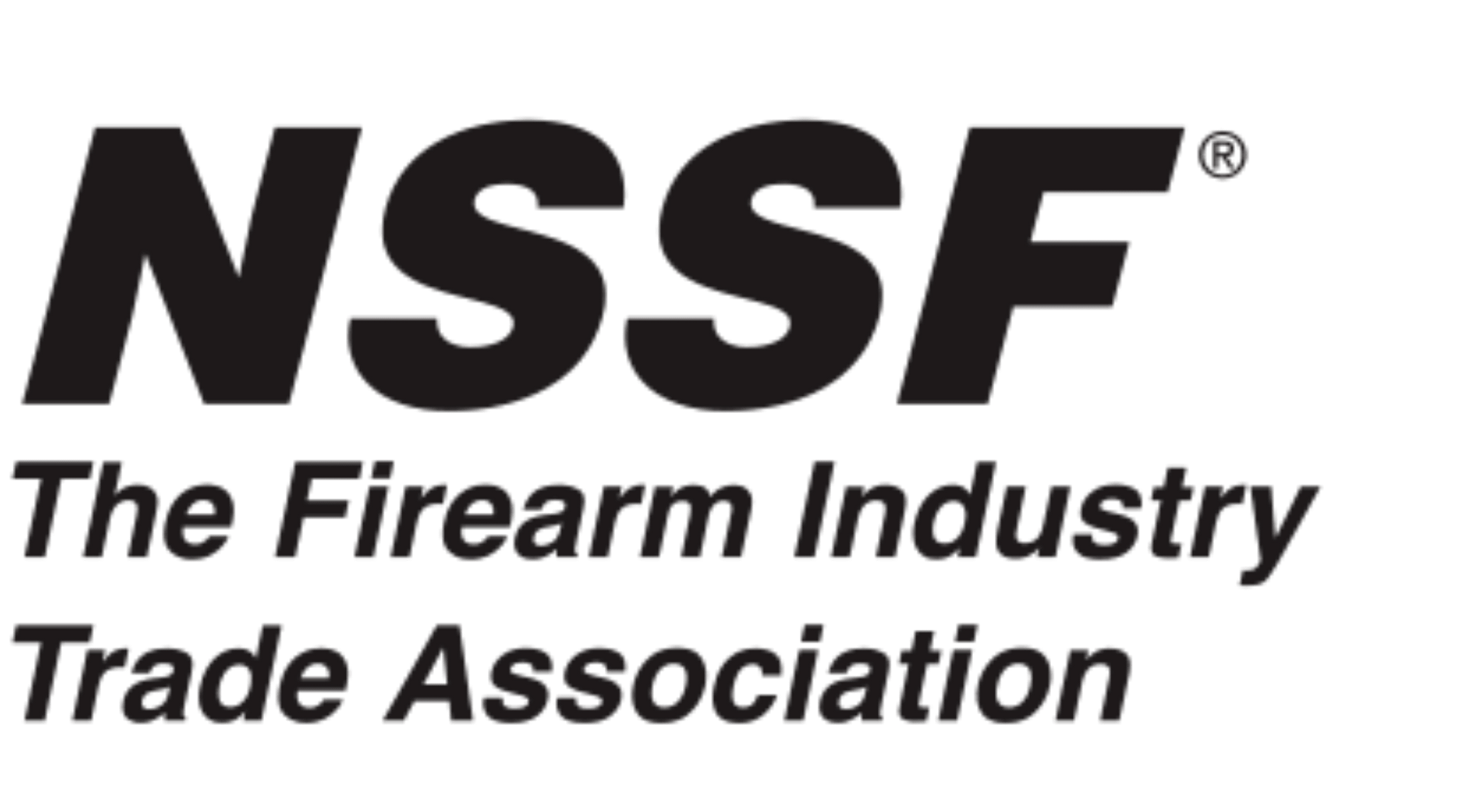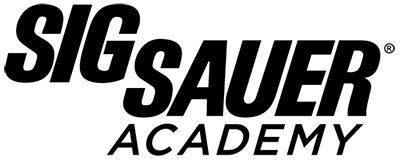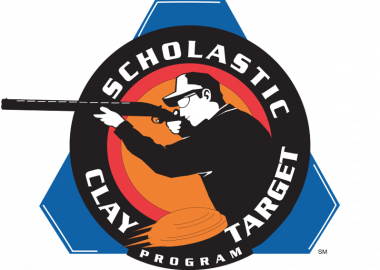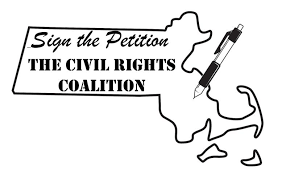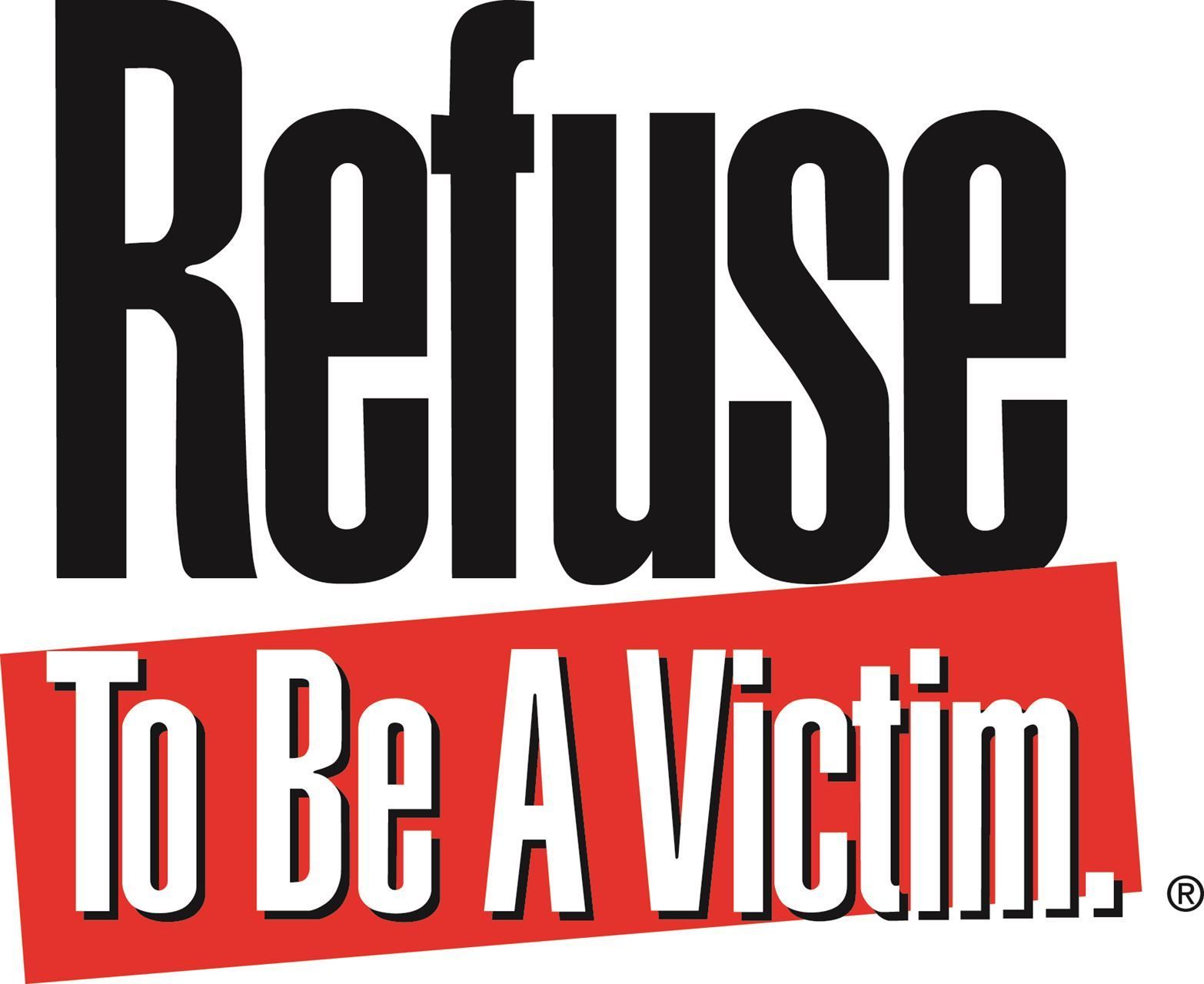
The Petition to Repeal Chapter 135 has been Approved by the Secretary of State
Massachusetts Attorney General Campbell Seeks to Mislead the Public on Chapter 135
We just received word that the referendum petition to repeal Chapter 135 has been approved by the Secretary of the Commonwealth. The Secretary now has two weeks to provide the public with the official signature sheets that can then be dispersed to collect valid signatures. It is the general consensus, that we will need to gather around 75,000 signatures to make sure there is enough. (Signature sheets can be disqualified for a number of reasons.)
During that approval process Secretary Galvin sought the assistance of the Massachusetts Attorney General, which is very common. However, the AG then sent two separate emails to the original signers of the petition.
The first was to ask their opinion if they thought the petition met Massachusetts Constitutional Standards. The second email was to solicit the signers input on a "fair and concise" summary that would appear before the voters.
Both emails were also cc'd to a laundry list of anti-civil rights groups around the country. Not a single national pro-2A group was included.
The Attorney General's "fair and concise" summary of Chapter 135 (Also see below) is nothing short of an attempt to completely deceive the general public about the injustices that this law represents.
When the AG solicited input from the original signers of the petition, Jim Wallace responded with this. (Keep in mind that there are strict limits on how much can be printed for the summary.)
At this point in the petition process, GOAL will now have to hand the effort over to an officially registered committee according to Massachusetts law. The committee will have to be put together and officially manage the effort and the finances from here forward.
GOAL’s Chapter 135 Petition Summary Draft Submitted to the Attorney General
The law continues the practice of opinion-based licensing denials found to be unconstitutional by the Supreme Court. (Bruen)
The law creates a new mandate that all firearms be registered with the state on a system that does not currently exist and for which no funding was provided.
The law would prohibit lawful gun owners from entering onto most government property. Hunters would be banned from state managed land that is not directly owned by the Commonwealth.
The law would ban the possession, of any person of any age, holding a Firearm Identification Card from possessing semi-automatic firearms in common use including basic entry level models.
The law bans re-enactors and hobbyists from possessing the ammunition components for antique style muzzle loaders without a license.
The law would allow the State to produce rosters of firearms that are banned or eligible for sale at the discretion of the State.
The law created a brand definition for “Assault Style Firearms” to drastically broaden what semi-automatic firearms in common use will be banned. It utilizes a new list of “features” that determine what an Assault Style Firearm is including features that most common use firearms have. It sets up a confusing set of so-called grandfathering laws.
The law perpetuates the cruel and dangerous practices of the “Red Flag” law by not providing any assistance to persons found to be suicidal and no monitoring and/or follow up of those found to be an extreme public safety risk. It also changes the law that anyone can be subject of such an order, not just gun owners.
The law places great burdens on federally, state, licensed firearm retailers. Most firearms in common use would not be eligible for sale through a retailer because of strict laboratory testing standards, even for the most basic entry level firearms. Common carriers delivering firearms to retailers will be forced to meet secure storage laws. Retailers will be required to register their inventory, a mandate never seen prior.
The law mandates that everyone seeking a new license take a course for which no curriculum exists in Massachusetts or anywhere in the nation. The cost of the proposed training would likely be cost prohibitive. There are no certified trainers to provide the required training. It would mandate live fire training that would put a strain on private clubs and ranges.
The law declares all “unfinished frames and receivers” to be firearms, but there is no clear definition of that term. A block of aluminum could legally be considered an unfinished machine gun.


